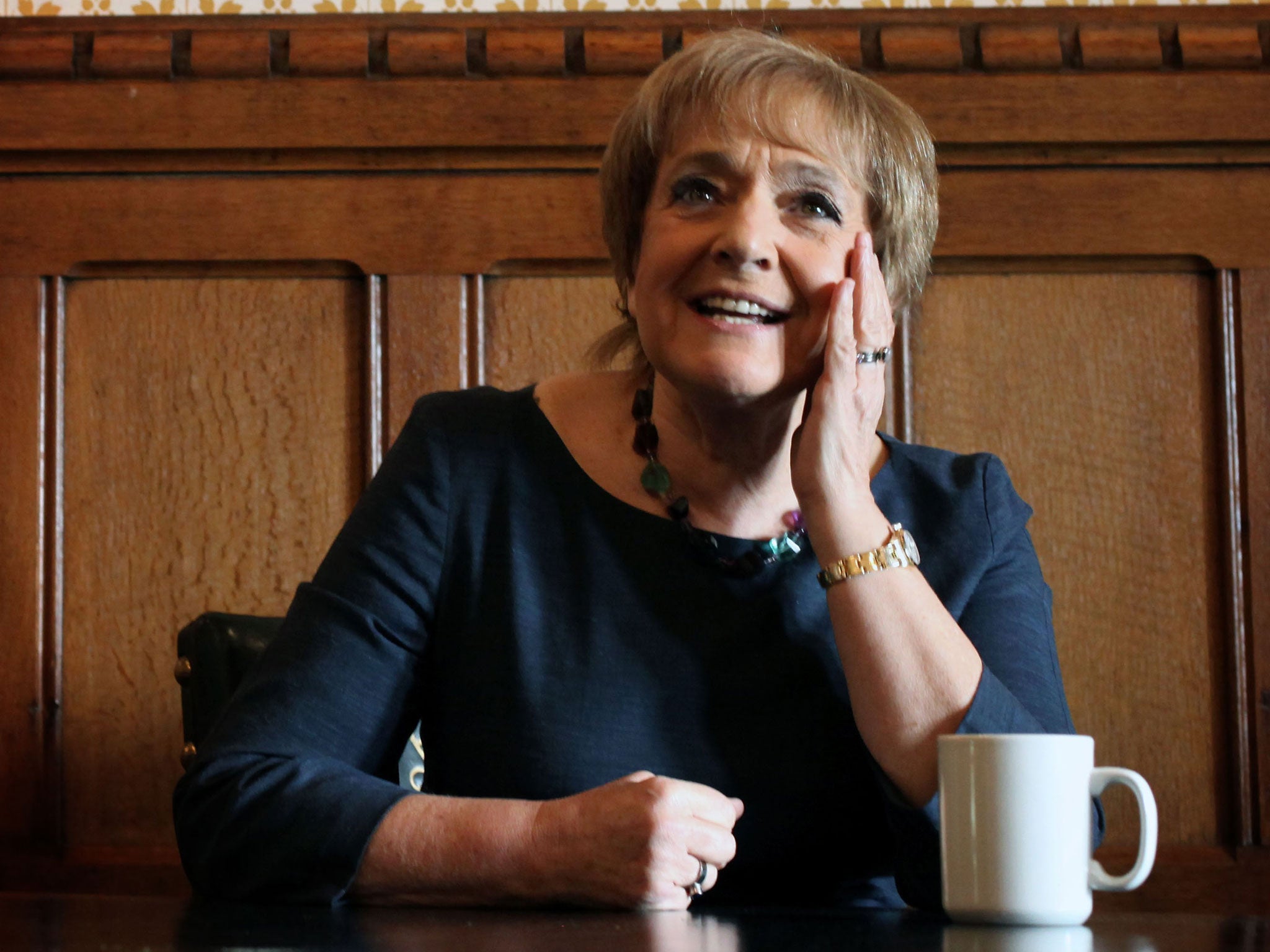Starbucks ready to agree tax settlement as sales slump
Watchdog urges ban on Government contracts for accountants who assist tax evasion

Your support helps us to tell the story
From reproductive rights to climate change to Big Tech, The Independent is on the ground when the story is developing. Whether it's investigating the financials of Elon Musk's pro-Trump PAC or producing our latest documentary, 'The A Word', which shines a light on the American women fighting for reproductive rights, we know how important it is to parse out the facts from the messaging.
At such a critical moment in US history, we need reporters on the ground. Your donation allows us to keep sending journalists to speak to both sides of the story.
The Independent is trusted by Americans across the entire political spectrum. And unlike many other quality news outlets, we choose not to lock Americans out of our reporting and analysis with paywalls. We believe quality journalism should be available to everyone, paid for by those who can afford it.
Your support makes all the difference.The American coffee chain Starbucks is understood to be close to a deal with HM Revenue and Customs that could see it pay between £5m and £10m in corporation tax this year.
The payment would more than double tax receipts from the company, which has paid only £8.5m to the Treasury since its UK launch in 1998 – despite sales of £3bn.
Starbucks would not confirm the agreement but has promised an announcement tomorrow. It comes after talks with HMRC about its tax liability and a public campaign to force the company to change its stance.
It is understood sales have suffered in the wake of the company’s much publicised tax avoidance strategy and appearance before MPs on the Public Accounts Committee where its management were described as evasive.
Its decision is likely to put further pressure on other multinational companies such as Amazon and Google to voluntarily increase the amount of tax they pay in the UK.
Today Margaret Hodge, chairman of the PAC, stepped up her campaign against tax avoidance by suggesting that accountancy firms which help multinationals aggressively avoid paying tax should be banned from tendering for lucrative government contracts.
Ms Hodge said ministers should use the “power of the public purse” to encourage firms such as PwC, Ernst & Young, KPMG and Deloitte to ensure their clients pay up.
“If we are to promote a culture change in the UK, we have got to take action now,” she told the BBC Radio 4 Today programme. “I think using the power of the public purse to purchase contracts is an important power that we have.
“The big four are getting more and more government business as this Government chooses to outsource a lot of back office activities... and I think, if the big four want to access that work, they have got to show that they are responsible companies that act properly and who don’t support anybody in trying to avoid tax in an aggressive way.”
Mary Monfries, head of tax policy at PwC, strongly defended the firm’s practices, insisting that it operated fully within the law. “We help companies when they are looking at tax as a cost but we have some clear principles about the way we work,” she told the Today programme.
“Any tax advice that we give has to be based and supported by the law.,” she said. “The tax advice that we give cannot be based on any misinterpretation or non-disclosure of what’s going on. We have to base our advice on understanding the client’s specific circumstances.”
Join our commenting forum
Join thought-provoking conversations, follow other Independent readers and see their replies
Comments